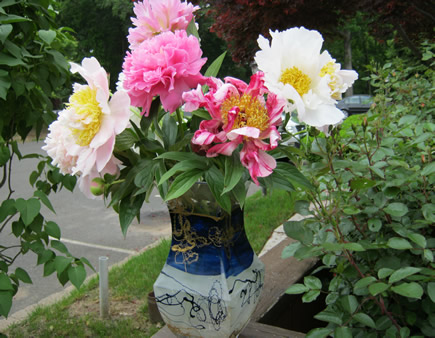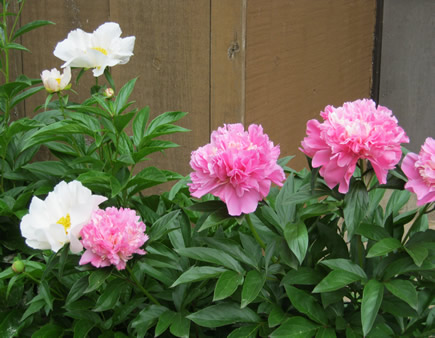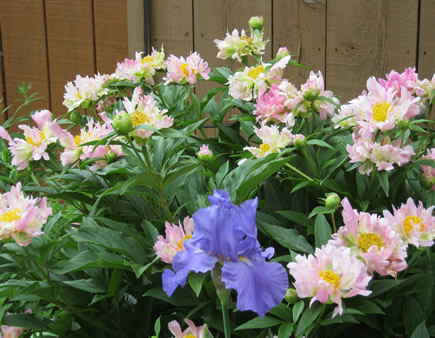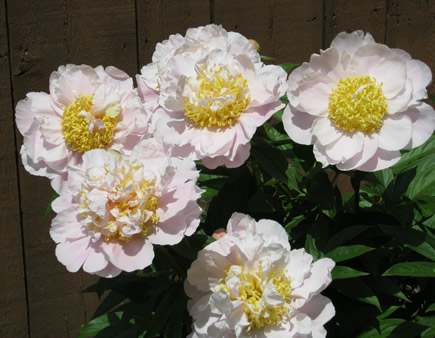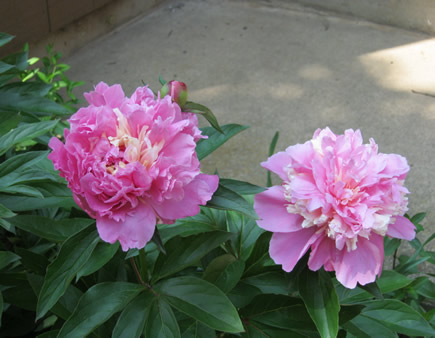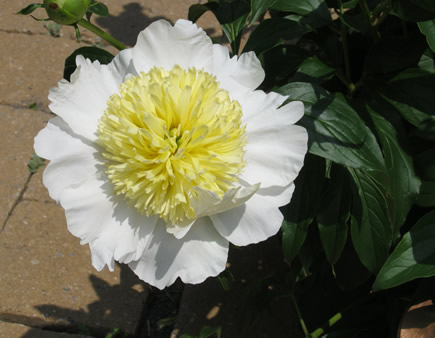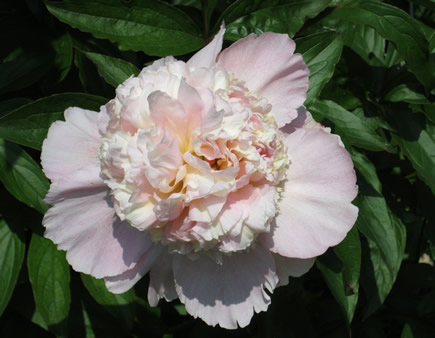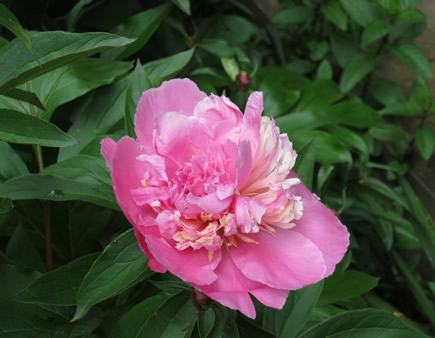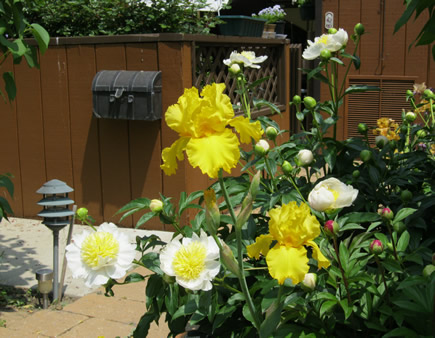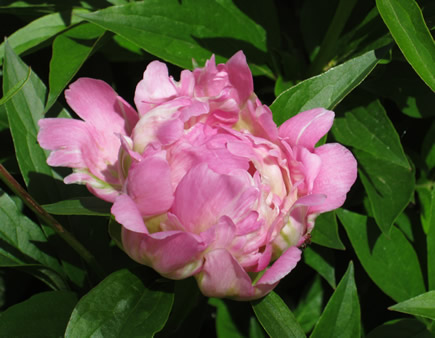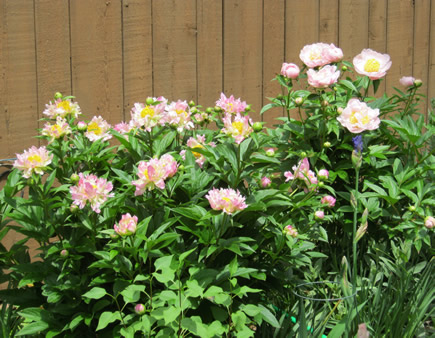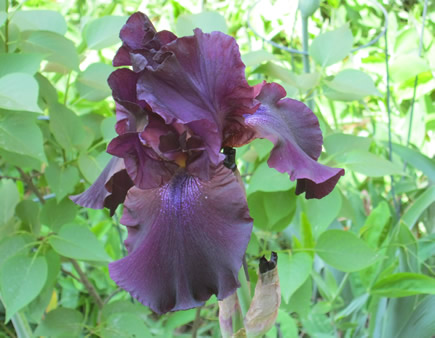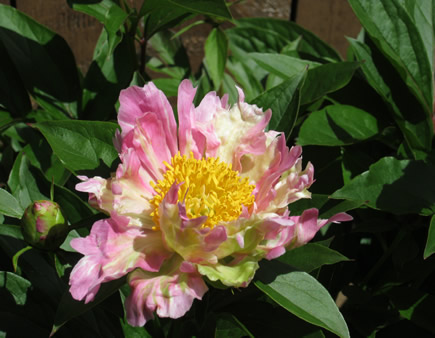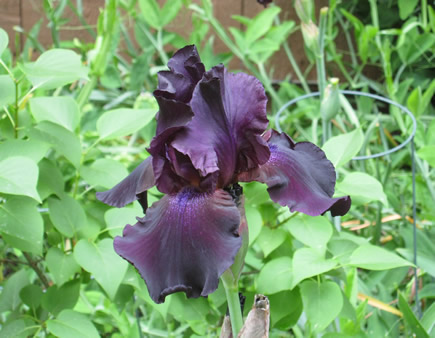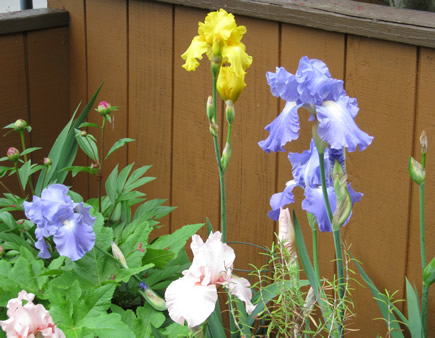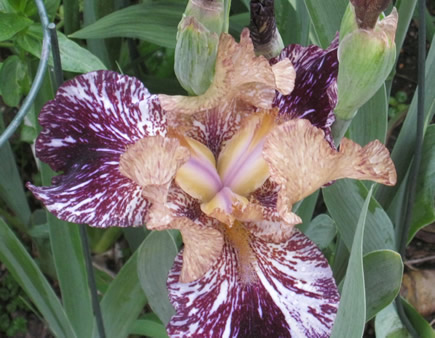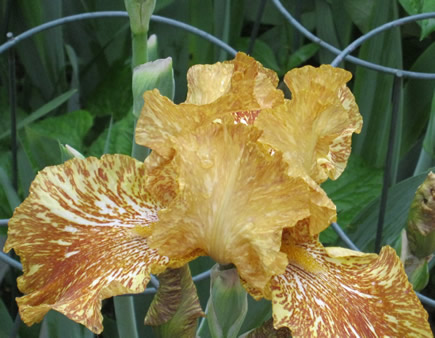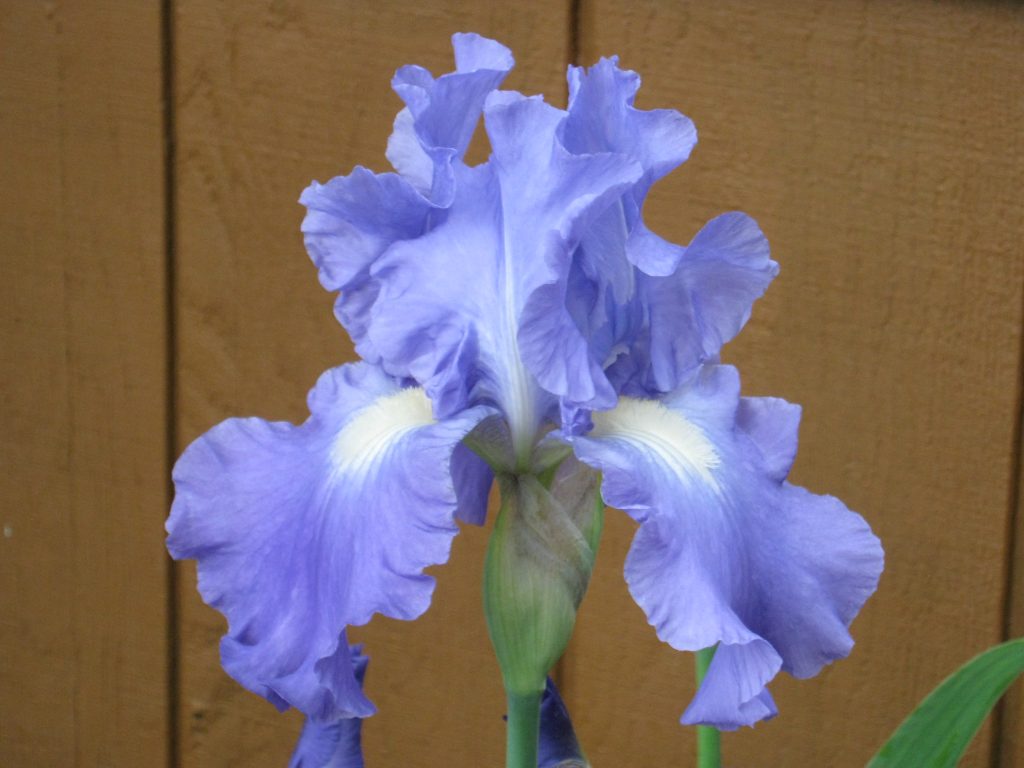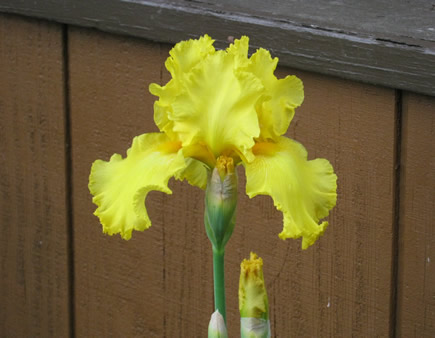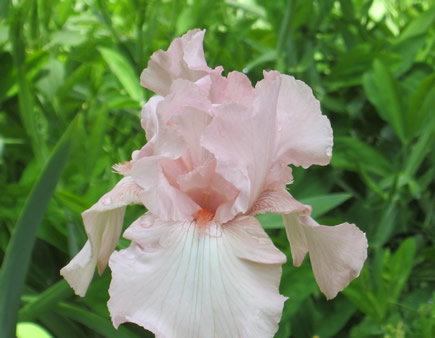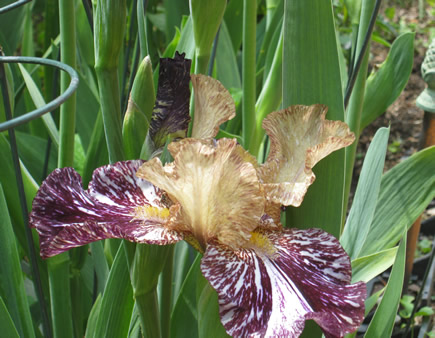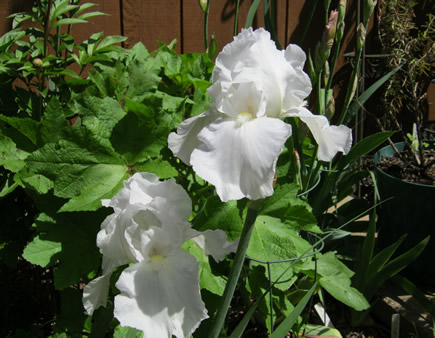New&Noteworthy 2013

What goes down must go up, and so this year will definitely look rosier.
http://olgapitcairn.blogspot.com

April 2013 New Hope, PA
The many facets of flax
Excerpt of Paul Portelli’s article in The Times of Malta, April 10, 2013
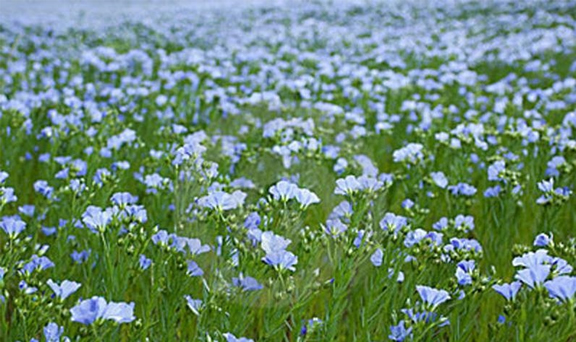
Flax is an important crop plant that is cultivated as a food and as a fiber crop. The plant belongs to a family consisting of about 200 species that are found in both temperate and subtropical parts of the world.
Flax flowers are usually either blue or yellow (I have had the blue variety in my wild-flower garden); in some species the flowers can be red, white or pink.
Flax fiber has been used to produce linen since ancient Egyptian times but the importance of the plant as a source of fiber decreased in the 19th century, when cotton became more popular---even though flax fibers are much stronger than cotton.
The seeds of the flax plant are the source of linseed oil, which is used as a nutrient as it is high in alpha-linolenic acid. This oil is, however, also used in paints, putty and varnishes, on its own or mixed with other oils, resins or solvents.
The largest flax growers are Canada and China, but significant amounts are also produced by India and the US.
Recently I bought at my supermarket a loaf of Flax-bread! It is delicious, trust me.
The flax plant is the national flower of Belarus, and Northern Ireland has adopted it as its emblem.(portelli.paul@gmail.com)
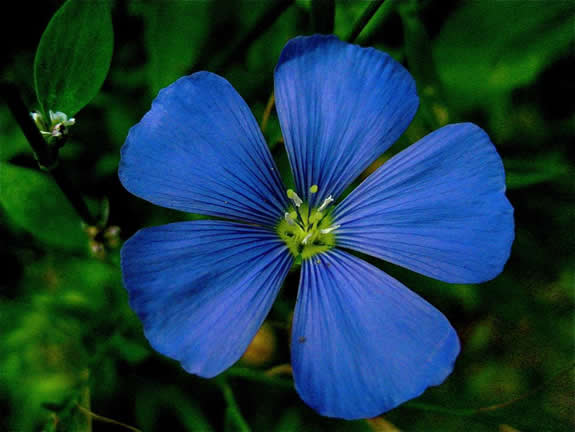

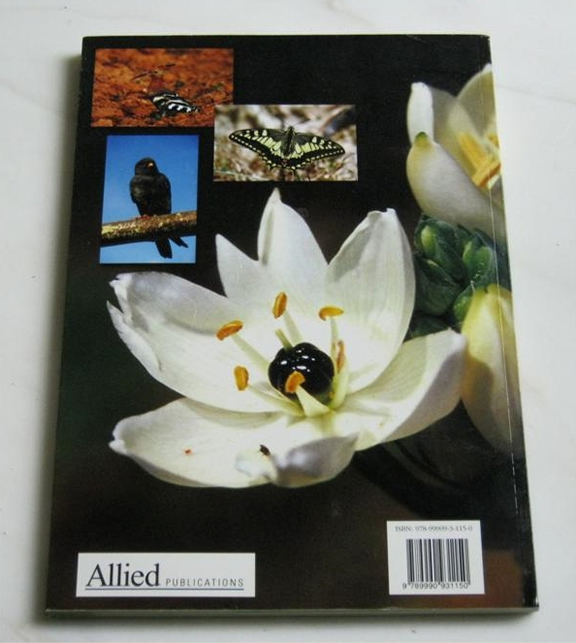

‘Superwheat’
London: Scientists at the National Institute of Agricultural Botany have combined an ancient ancestor of wheat with a modern variety to produce a new strain which could boost productivity by 30%. Around 10,000 years ago, wheat evolved from goat grass and other grains. Scientists used cross-pollination and seed embryo transfer to impart some of the resilience of this ancient ancestor of wheat into modern varieties.
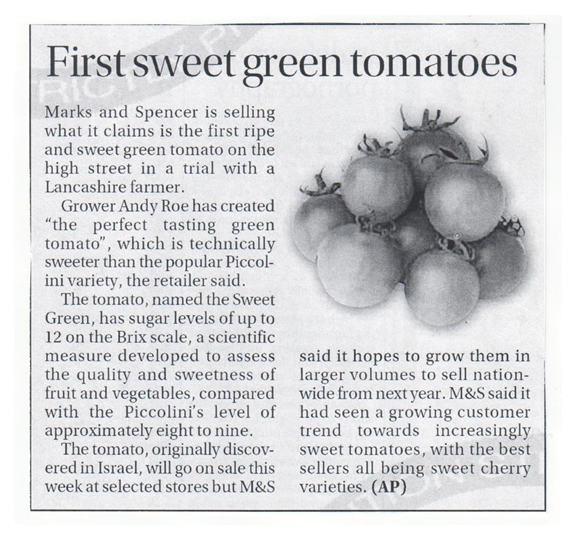
PEONIES & IRIS PHOTOS
So far, the best news in the publishing world: Publishers merge to survive in a digital world.
Author Solutions (Xlibris, my imprint) was bought by the British conglomerate Pearson PLC. Then their publishing house Penguin Group UK merged with Random House USA, creating a powerhouse.
Random House is owned by Bertelsmann SE & Co based in the sleepy town of Guetersloh, Germany. Reinhard Mohn (deceased 2009), leader of Bertelsmann since 1946, transformed the family company from a book-club business into a global media giant. His wife, Liz Mohn, wrote her memoir Love Opens Hearts, telling us how she met, and then married, her husband. The memoir, a Cinderella story (Random House 2001), was translated by Helga Schier; who “evaluated” my then 1100-plus manuscript pages of The Blue Mirror. Helga advised me to rewrite my story to a manageable 707 printed pages.

The sad story of my royalty checks is still in the air – in the stars - …I haven’t heard from Xlibris. For this reason I am looking for another publisher, outside the conglomerate, for my next book Neolithic Culinary Delights. I am thinking of asking the Dutch illustrator Loek Koopmans of assisting me with artistic drawings for readers to enjoy. I am even tempted to approach the Dutch Amsterdam-based publisher De Bezige Bij to have this delicious booklet translated into Dutch by Paul Vincent--- who translated Harry Mulish’s novel The Discovery of Heaven, published 1996 by Viking (Penguin Group!).
Who knows? Patience and Perseverance is the motto of the Rosicrucian fraternity.
Follow me on my adventure in this cut-throat world of publishing.

Karate Scott posing for his great-aunt Olga

Goodbye HONEY ?
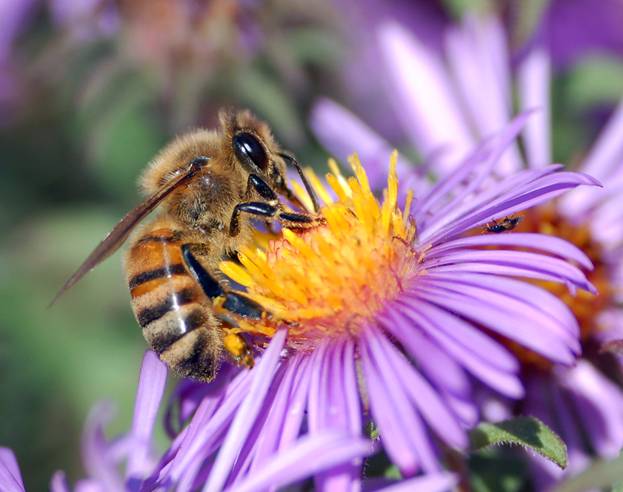
Albert Einstein said: If the bee disappears off the surface of the globe, man will have only four years to live.
Another saying: Insects have seen man come and they shall see man go ….
Like canaries in a coal mine, bees know when a hard winter is coming up. They work hard collecting food (available on late-blooming flowers) to last them until spring.
One bee colony can pollinate up to 300 million flowers a day. Without their pollination, almond-, peach-, apple-, pear- and cherry trees, as well as soybeans, raspberries, blackberries, cranberries, watermelons, cantaloupes, cucumbers, and strawberries will not be available for human consumption.
Our busy pollinators are being killed at an alarming rate: chemicals are the Great Reaper. Pesticides – insecticides, herbicides and fungicides – used on the four major crops: maize (corn), rape seed, sunflowers and cotton are still not banned.
Not only pesticides but also lack of habitat/native vegetation and diseases (viruses) plague bees. A new job may soon be on the market: the “flower tickler” pollinating by hand (using feather brushes).
Please create a yard with wildflowers (food security) – a home for living creatures that serve us.

ALL IS WELL ----THAT ENDS WELL


